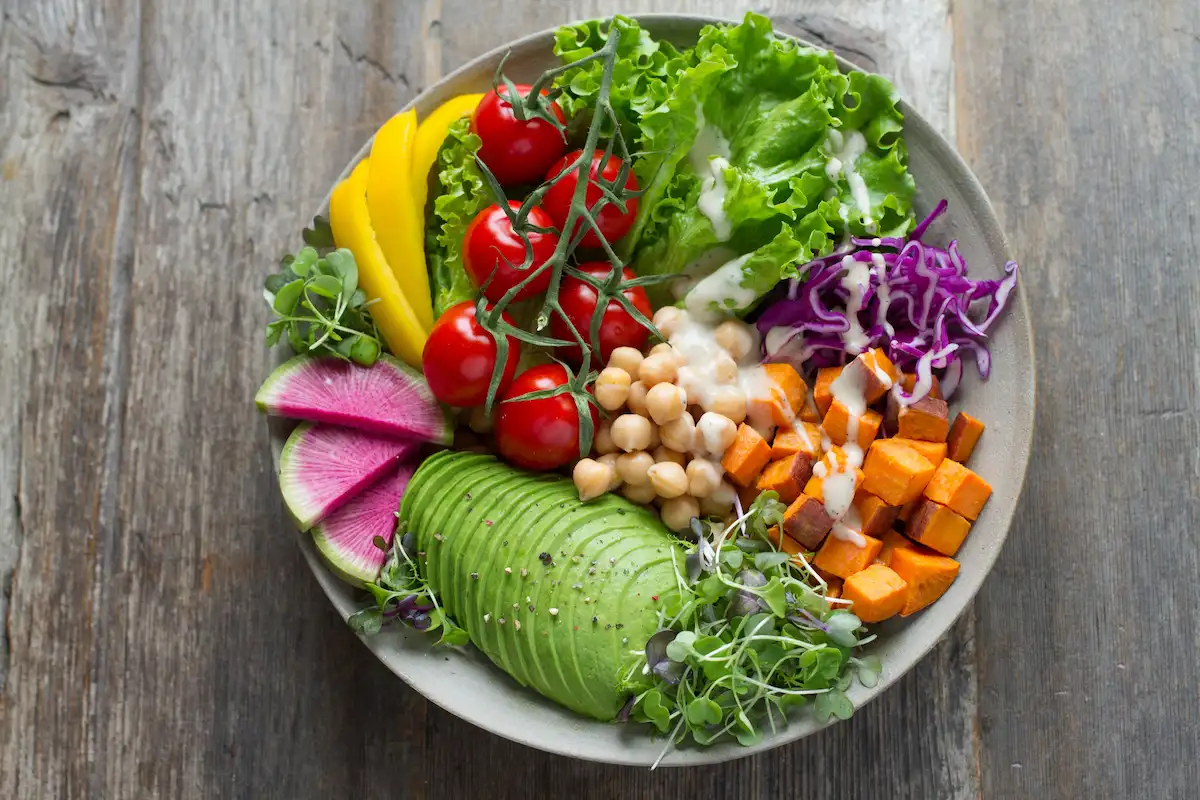You might be wondering how real food fits into the context of self-improvement. After all, aren’t we usually talking about habits, mindset, productivity, and other cognitive pursuits? Indeed, we are. But any discussion of personal growth and human potential that doesn’t consider the fuel we put in our bodies is incomplete. That’s why today’s focus is on the powerful concept of “real food, real people.”
What is Real Food?
Simply put, real food refers to natural, unprocessed, and nutrient-dense food. It’s the kind of food our ancestors thrived on: fruits, vegetables, nuts, seeds, whole grains, lean meats, and seafood. On the other hand, processed foods – those packed with additives, preservatives, and artificial ingredients – are not real food.
The Impact of Real Food on Real People
Our brains, being the most energy-demanding organs in our bodies, require high-quality nutrients to function optimally. When we fuel ourselves with real food, we’re not just nourishing our bodies, but we’re also fostering our mental clarity, focus, and overall cognitive capabilities. This is an essential aspect of self-improvement.
Energy and Productivity
Whole foods are powerhouses of essential vitamins, minerals, and antioxidants. Consuming these nutrients can enhance your energy levels, enabling you to be more productive and focused. Processed foods, on the other hand, can cause energy spikes and crashes, impairing your productivity.
Mood and Mindset
There’s a strong connection between diet and mood. Foods rich in omega-3 fatty acids, like fatty fish and walnuts, can help reduce symptoms of depression and anxiety. On the other hand, processed foods high in sugar and unhealthy fats can exacerbate mood disorders.
Habits and Discipline
Eating real food also contributes to your self-improvement journey by building healthy habits and fostering discipline. It requires you to plan meals, shop consciously, and sometimes, resist the lure of convenience offered by processed foods.
How to Incorporate Real Food into Your Life
So, how do we start transitioning to real food? It might seem daunting at first, but remember the philosophy of getting a little better each day. You don’t have to do it all at once. Just as you would gradually build a new habit or learn a new skill, you can incrementally improve your diet.
Start Small
Begin with something manageable, such as replacing one processed snack with a piece of fruit each day. Over time, these small changes will accumulate and become the new normal.
Cook at Home
Preparing your meals allows you to control what goes into your food. You can find some amazing and simple recipes using wholesome ingredients at Don’t Skip The Cookie. These recipes are made with real ingredients and are evidence that we don’t have to sacrifice the foods we love; we simply need to learn how to make those same meals with better ingredients.
Shop Wisely
When grocery shopping, stick to the outer aisles where fresh produce, dairy, and meats are typically located. Avoid the inner aisles where processed foods lurk.
Real Food for Real Change
Real food nourishes not just our bodies but our minds as well. As real people striving for self-improvement, we need real food to optimize our energy, enhance our moods, and build discipline.
Remember, personal growth is not just about cultivating the right mindset, it’s also about nurturing your body with the right fuel. And in the journey towards becoming a better version of ourselves, every step, no matter how small, matters. So, let’s take that step towards eating real food, one bite at a time. Because real people need real food.
This article is intended for informational purposes only. It is not a substitute for professional medical advice, diagnosis, or treatment. Always seek the advice of your physician or other qualified health provider with any questions you may have regarding a medical condition or dietary changes. Never disregard professional medical advice or delay in seeking it because of something you have read on this site. Reliance on any information provided by this site is solely at your own risk.

Leave a Reply